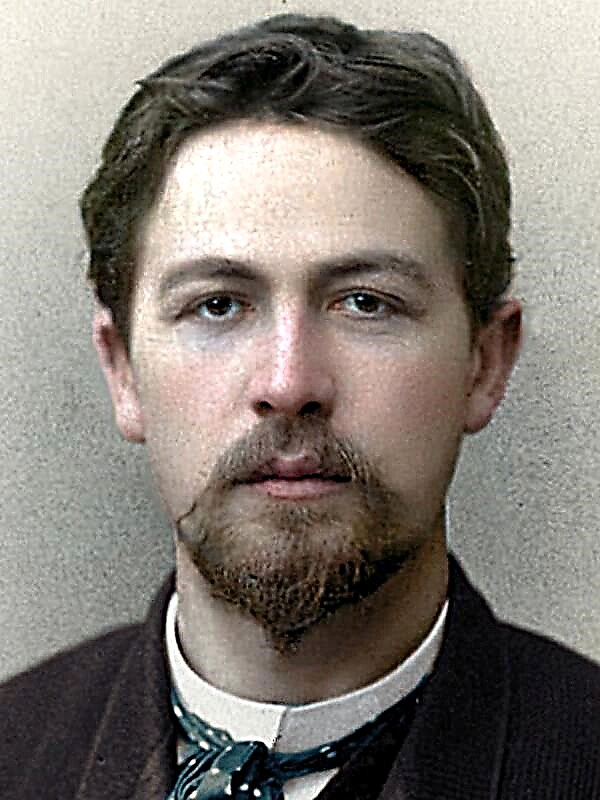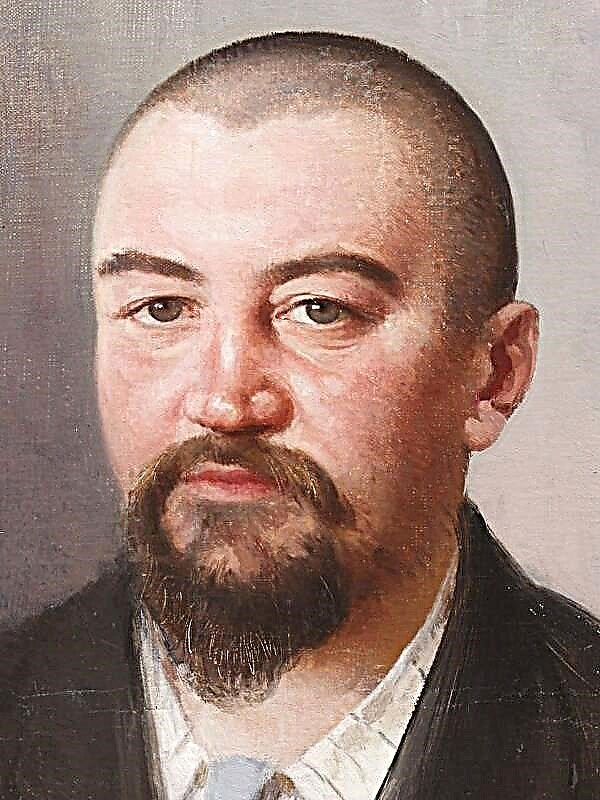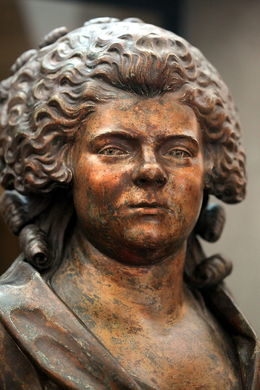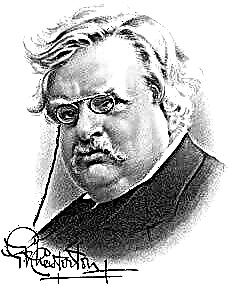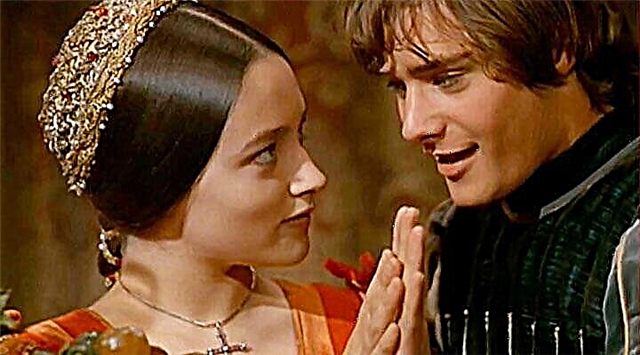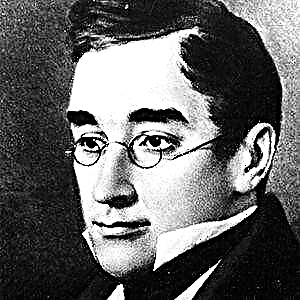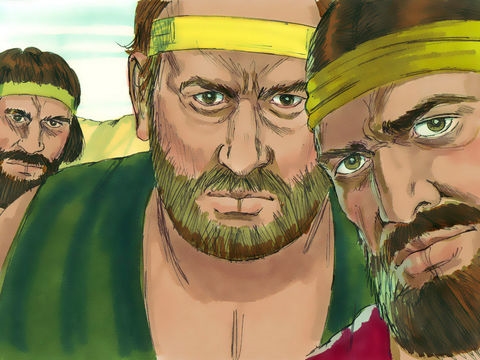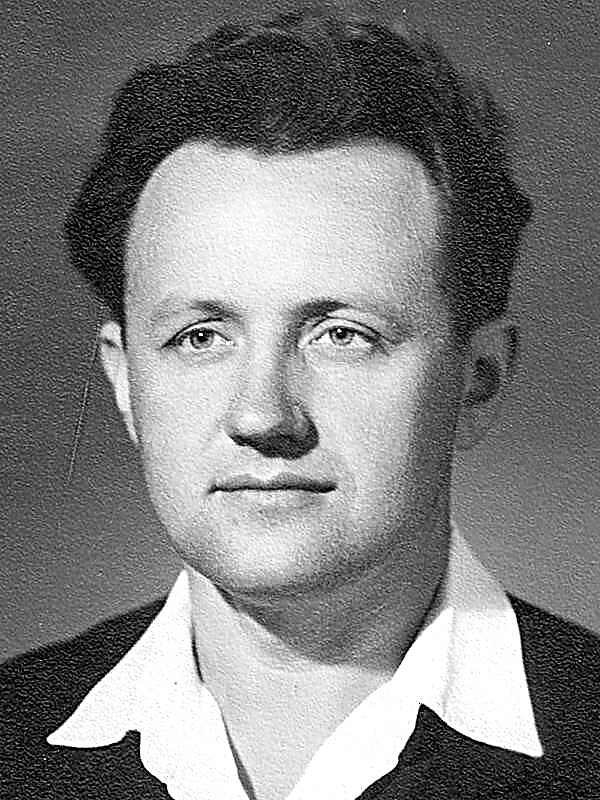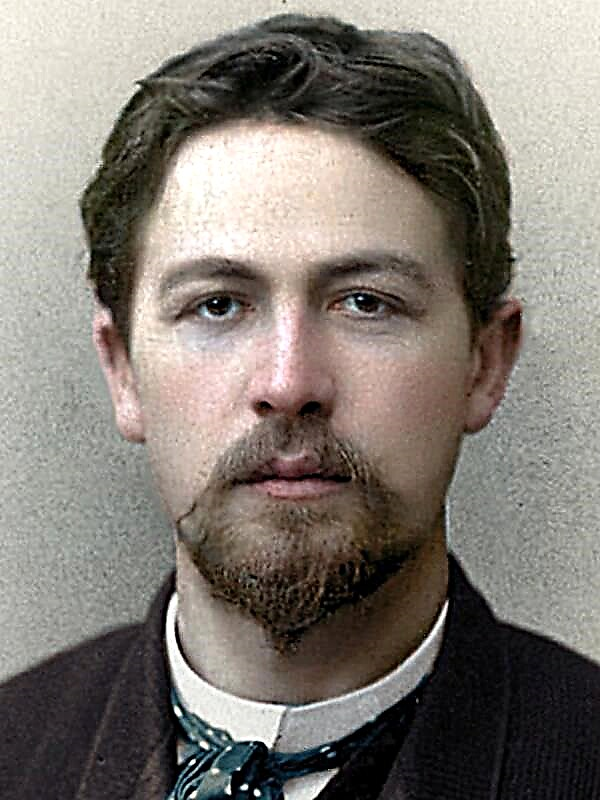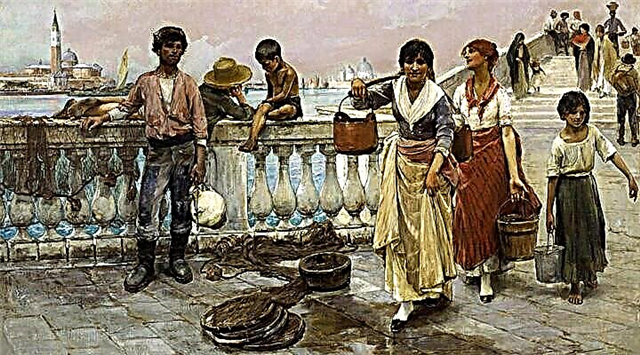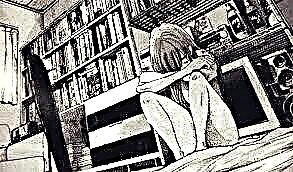The work of Alexander Sergeyevich Pushkin is truly priceless and his legacy is enormous, and therefore today we will talk about one of the iconic works of the great Russian writer - the story "The Undertaker". This book was written first and opened a series of Belkin's Tales, consisting of five works. Let's try to analyze it and discover something new for you about this work.
History of creation
The story "The Undertaker" was created by A. Pushkin on September 9, 1830 in the village of Bolshoy Boldino (during the Boldin autumn, the most productive period in the writer's work). The remaining four books were created shortly after the first.
The image of the undertaker has a real prototype - opposite the house in which Pushkin's bride lived, there was an undertaker's shop Adrian.
Genre, direction
The genre of this work is defined as a story, that is, a middle genre where the story is chronicled, and the events are given in their natural sequence.
It is worth noting, however, that, according to B. Eichenbaum, in The Undertaker there is a game with a plot using a false movement: the denouement returns the reader to the moment the plot begins, and destroys it, turning the story into a parody.
The direction of Belkin's Tales is generally defined as realism. They depict everyday situations that could happen in real life.
Essence
The story "Undertaker" is told by clerk B.V. The work tells the story of the life of the undertaker Adriyan Prokhorov. The story itself is like a joke or a joke.
Initially, the author describes to us the life of the undertaker, saying that the hero was asking a great price for his services. We see that Adriyan Prokhorov is a rather stingy person, since he all expects the death of the old merchant merchant Tryukhina to “take out the loss” from replenishment of coffin suits on her. The undertaker comes to meet his neighbor, the shoemaker Gottlieb Schulz, who invites the hero to have a friendly dinner at his home. During a conversation about profit, Adrian complains about how hard life is for undertakers, and that this craft brings only losses (which, as we have already seen, is not entirely true).
The main events unfold on the night after dinner. This is an undertaker's nightmare in which the hero invites the dead, whom he once served, for a housewarming party. In some ways, it resembles the commemoration of the deceased when the dead ancestors of the family are invited to dinner. Let us also recall the motive of a terrible dream in the poem by V. A. Zhukovsky “Svetlana”, where the image of the dead man-groom appears. The result of these dreams is the same - everything turns out to be a mess, an obsession. But is it really that simple in The Undertaker? This dream is not proclaimed in any way, that is, at first it seems that everything happens in reality. The transition from believable action to the world of dreams is not marked; on the contrary, it is carefully hidden in the story from the reader. The dream is introduced by the words: "It was still dark in the yard, as Adriyan was woken up." The dead, invited by Adriyan Prokhorov in reality, come to the hero for a housewarming party, and only in the morning everything returns to normal, and we understand that we saw a dream.
Merchant Trachukhin is, from the point of view of researcher V. Uzin, a kind of "peak lady" Prokhorov. She fulfills the undertaker’s desire, allowing him to cash in on her death, but all this turns into a real horror when the dead come upon him, outraged that Adriyan accidentally killed their comrade; and the undertaker in the morning rejoices that Tryukhina is not dead.
The main characters and their characteristics
Among the main characters, we can distinguish the undertaker proper, Adriyan Prokhorov, the shoemaker Gottlieb Schulz, the merchant merchant Tryukhin (who is at death). The remaining characters can be described as secondary (the undertaker's daughters - Akulin and Daria, the daughter of Schulz Lothen and his wife, the warden Yurko, the worker Aksinya).
We see that Adriyan Prokhorov personifies a craftsman who strives by all means to get the maximum benefit for himself, serving the poor and rich, and often does not skimp on robbing those who are in a difficult situation. Adriyan’s envy and anger at his more successful colleagues, the “basurman,” compels him to invite his “clients” to a feast, and only the merchant's wife Tryukhin appears as a kind of measure of the conscience of this hero.
He is opposed by Gottlieb Schulz, who, as you can judge, works honestly and makes money to provide for his family. Since he is able to arrange a dinner for his friends, then Gottlieb Schulz can be called a wealthy person. This is a kind, hospitable and friendly man.
Themes and Issues
The main theme of this work is the degradation of human nature. Because of the routine, many people forget about spiritual life and concentrate all their energies on hoarding. It is important for them to earn money at all costs, so they are not stingy only with the deception of their customers. The main character is so mired in skopidomstva that he ceased to attach importance to life and death. He wished man death, in order to cash in at his funeral. So the author shows the extreme degree of decomposition of the human soul, therefore it is the dead man who comes to the undertaker. His soul is dead.
The problems of the story are very diverse. The problems that arise in this work are conscience, envy, cynicism of a person, his attitude to death, and also slavish dependence on money. The author points out the shortcomings of people who devote their entire lives to making money.
The main idea
The main idea of the story is that each of us should try not to die spiritually, becoming a rude and callous person, like Adriyan Prokhorov has become. The author shows the cynicism of a dead soul through her communication with the world of the departed. The hero separates himself from people by his behavior: they want to live, and he wants them to die. Therefore, only the dead, who are a source of income, can be his companions. But the merchant himself is not happy with such a company and in the morning understands that he has gone too far in his quest for profit. The love of money never brought anyone to good, nor did it bring the undertaker.
The dream revealed to the hero is just a warning, a hint that the hero was corrected, began to work honestly and take the appointed fee for his work, without requiring himself anything extra. This will save his soul from decay, he will cease to desire death for his own enrichment. The meaning of the author's message is simple: you need to live and work for the sake of people, and not for the sake of money.
What does it teach?
The work teaches us to be more modest, wiser and to understand that all work is rather difficult, and do not forget that the more you work, the more you are able to earn. The story of Adriyan Prokhorov is instructive in the sense that we understand how low it is to cash in due to the grief of other people, to demand payment beyond measure when they cannot refuse. The moral is this: a person falls to a certain level, and already at the bottom he is overtaken by spiritual death. To pass it, you need to think twice in time and admit your mistakes.
We understand that the hero suffered a moral death, for which retribution inevitably sets in, and therefore there is reason to think: should we strive for excesses at the cost of our own spiritual life? Are we really worth so little in comparison with material goods? The conclusion of A. Pushkin is simple and optimistic: only a person is the highest value, and not a single wealth can be compared with his multifaceted and rich soul.

